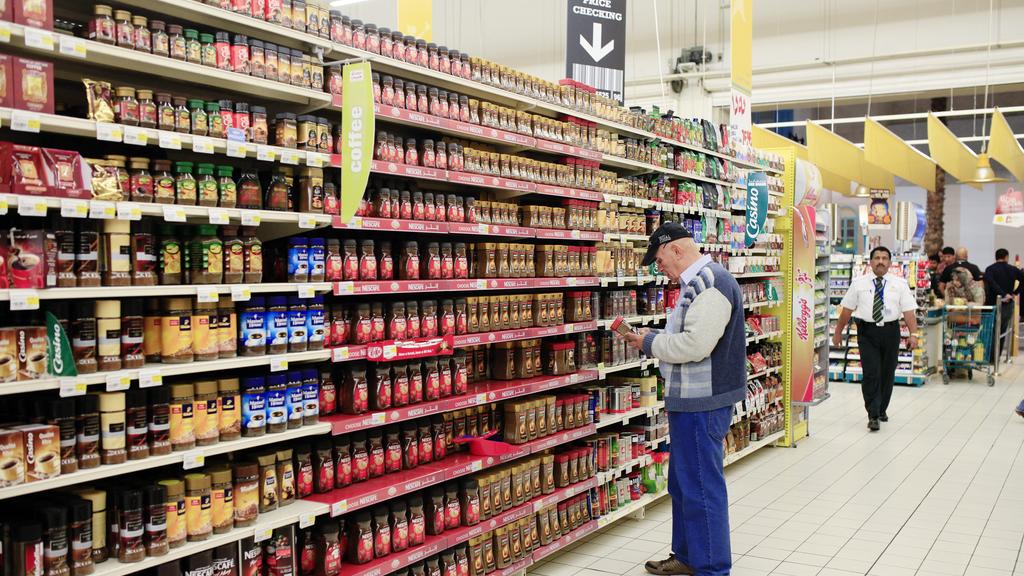Dubai, UAE, August 15, 2018 – Consumers in the UAE are displaying burgeoning demand for convenient solutions that can help simplify their lives, with busy lifestyles and rising connectivity playing an increasingly pivotal role in buying decisions, according to a new report by performance management company, Nielsen.
The Nielsen Quest for Convenience Report, which explores changing global consumer needs, highlights the rapidly growing demand for convenience in markets around the world including the UAE. One in five of UAE consumers say they seek out products which are convenient to use (22%), make their life easier (19%) and are suitable for small households (22%). Consumers are also looking for products which are tailored to a specific need (15%).
While demand for convenience varies by region, the Nielsen report reveals six key factors driving consumers’ increasing need for convenience which are consistent globally:
- Urbanization
- Shrinking household sizes
- Crowded urban transport
- Evolving gender roles
- Generational needs
- Increasing uptake of technology
These drivers of convenience and increasing demand for products and solutions which help to simplify lifestyles are having an impact across myriad industries, particularly the highly consumer-dependent FMCG sector. The Nielsen report illustrates consumers’ grocery and packaged goods product choices are underpinned by their experiences in three areas: shopping, consumption and brand engagement.
The evolving demand for convenience has given rise to a slew of life-simplifying products such as ready prepared and on-the-go meal solutions, home or office grocery delivery offerings, and tech-driven “on-demand” services. Almost one third (31%) of UAE consumers use restaurant or meal delivery services. Grab-and-go meals from quick-service, fast food and street vendors are also on the rise — 48% of UAE consumers have visited a fast food outlet in the past six months. Lunch and dinner are the meals most likely to be substituted with out-of-home dining options, with 49% of UAE online consumers opting to eat outside on a weekly basis, higher than the global average (39%) and Africa/Middle East regional average (32%).
Shopping experiences for global consumers are driven by an evolving retail landscape, e-commerce and omnichannel facilities. A Nielsen e-commerce study across 30 countries indicates FMCG online sales are growing an estimated five times faster than offline sales, and by 2020 global FMCG e-commerce will be worth more than US$400 billion and comprise 10%-12% of overall FMCG market share.
Mobile devices and digital platforms are also shaping consumer experiences and transforming brand-to-consumer engagement. Around seven in 10 consumers say they enjoy the freedom of being connected anytime, anywhere (68%) while 70% feel that mobile connected devices have made their lives better.
“The increased connectivity today provides multiple touchpoints for FMCG companies to interact with consumers. In order to stay relevant to consumers’ changing lifestyles and evolving needs, manufacturers and retailers should continue innovating their business models to offer convenience solutions and improve engagement with consumers through personalised and authentic recommendations,” said Andrey Dvoychenkov, Group Managing Director for Arabian Peninsula and Pakistan, Nielsen. “It’s also important to note that offering convenience solutions is not only about simplifying store formats, products, packaging or using the latest technologies for efficiency but it is also about every interaction that could make shopping a joyful experience for consumers.”
”Convenience means different things to different consumers around the world, depending on their circumstances, culture, location, market maturity and access to technology,” observes Ailsa Wingfield, Executive Director, Thought Leadership, Global Markets, Nielsen. These are key influencers that are driving the need for FMCG companies to offer solutions that address the growing need for convenience.
“Equally important, omnipresent technology adoption is providing an ever-increasing array of consumer data, enabling greater customization,” Wingfield continues. “FMCG players need to adapt to circumstances and provide integrated shopping experiences that allow consumers the freedom of greater choice of solutions that meet their needs.”

